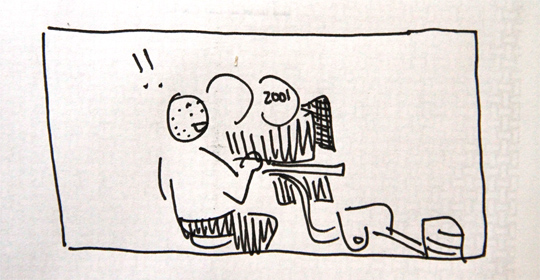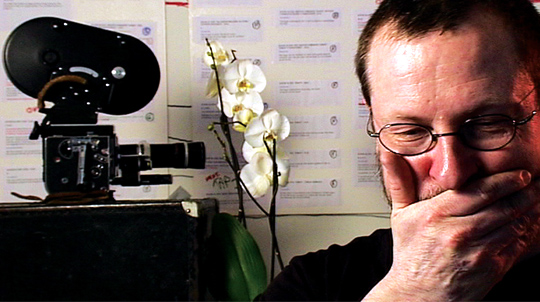Over the next week, the entire Paul Thomas Anderson archives that have been collected over the last 12+ years will be uploading to our website. The first archive completed is Hard Eight, featuring endless information and multimedia including:
EXCLUSIVE HARD EIGHT ARCHIVES / Cigarettes & Red Vines
DVD DETAILSThere is still a little more to be added to the HE archives, but the idea is to fill each section up with the most relevant/unique information for each film and flesh out the pages with the more wildly available information (cast & crew, imdb-esque things etc) after. Enjoy.
Domestic & Forgein Releases, Art and Technical Specifications
ARTWORK
Posters, print ads & forgein/format specific box art
PHOTO GALLERY
Photos from the premiere of the film & site-exclusive images from the official Rysher Entertainment press kit for Hard Eight
PRESS & RECOGNITION
Features Production Notes transcribed from the press kit, Awards & Nominations & Top Ten Critics Lists.
10 DELETED SCENES
Transcribed from the original draft of the Hard Eight Screenplay.










